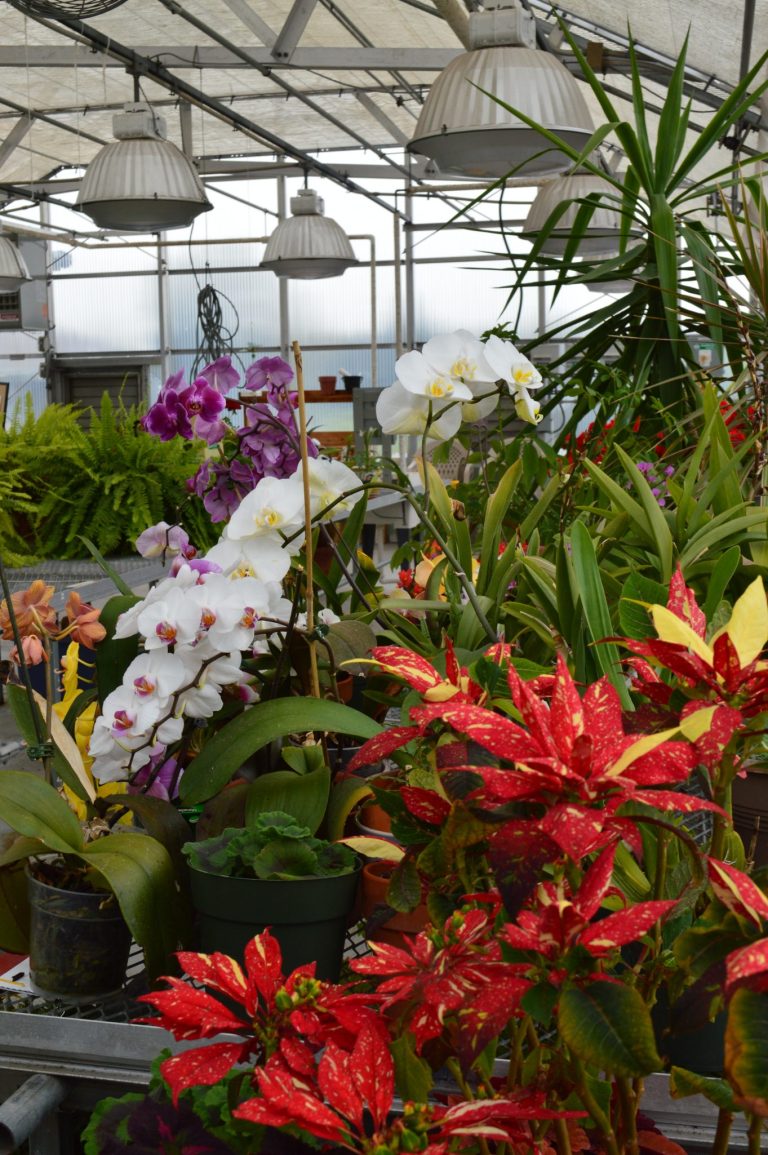
Tending a garden, even if it’s just a few container plants on the patio, is good for your health. Plants need nurturing, and if you take care of them, they’ll take care of you.
In exchange for planting, watering, fertilizing, weeding, pruning, and staking, you get to follow a plant’s progress from seedling to first bud to full bloom. That can give you a sense of wonder and pride. Not to mention the physical activity required or the beautiful blooms you’ll have for your dining room table. For a closer look at the health benefits of gardening, read on.
Six ways gardening helps us stay healthy and happy.
Study after study underline the health benefits of gardening for seniors. From burning calories and building muscle to boosting mood and supporting brain health, the benefits of gardening are worth digging into. Here are just a few ways gardening is good for the mind, body and soul.
Keeps you active.
If you’d rather be in the garden than the gym, here’s some good news. A study conducted by the American Society for Horticultural Science found that 30 minutes of gardening fulfills all physical activity recommendations for seniors. By doing one hour of light gardening, you can burn about 330 calories more than walking at a moderate pace for the same amount of time.
Lifts your mood.
Gardening, like any form of exercise, boosts your mood by bumping up the production of endorphins, your brain’s feel-good neurotransmitters. When you’re gardening outdoors, the sun’s rays also boost serotonin levels, another happy chemical in your brain. Even getting your hands dirty can make you happy. Mycobacterium vaccae, a bacteria found in the soil, has been linked to increased serotonin in the brain.
Lowers stress levels.
A Dutch study showed that 30 minutes of gardening reduces cortisol levels. Cortisol is the primary stress hormone. Chronically elevated cortisol levels have been linked to everything from poor immune function and obesity to memory problems and heart disease. On a macro level, gardening is like going for a nature walk. Instead of focusing inward, you start to notice the world around you. Spending time in the garden awakens the senses to the sights, sounds, smells and touch of the natural world. Plus, it’s a lot cheaper than therapy.
Good for your bones.
Being out in the sun prompts your body to make Vitamin D, which helps your body absorb calcium, a mineral essential for strong bones. While you don’t want to overdo it, a few hours of exposure to sunshine will give you more vitamin D than you get from a glass of milk.
Puts food on the table.
Growing your own fruit and vegetables can help you eat healthier. The produce will be fresh and you’ll know if it’s been treated with chemicals. Homegrown asparagus in the spring, plump strawberries and vine-ripened tomatoes in summer, tart apples and flavorful squash in the fall store-bought varieties can’t hold a candle to what you can grow in the garden.
Decreases your risk of dementia.
Regular moderate-intensity exercise, like gardening, may reduce the risk of Alzheimer’s disease by as much as 50 percent. Researchers who analyzed brain scans of nearly 900 older adults found that increased physical activity was linked to increased gray matter in areas of the brain associated with memory, learning and performing complex cognitive tasks.
See how our garden grows.
Residents who live at Fellowship Village have access to a large greenhouse where they can garden year-round. In addition, our Senior Home Care services can provide as much or as little help as you need in the comfort of your own home. Helpful team members can help you develop tactics to garden at home. We’re deeply invested in helping seniors thrive. Our wellness program offers a wide variety of classes, activities and events designed to support residents’ health and well-being. Learn more about all the ways living at a Life Plan Community or enlisting Fellowship At-Home can support your health.




